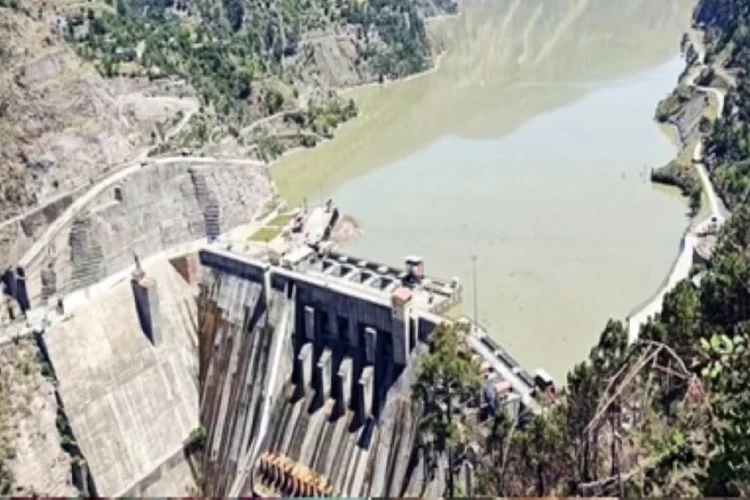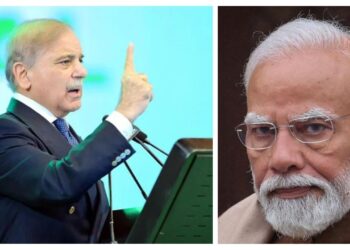Islamabad: Pakistan has hailed a recent ruling by a Court of Arbitration, which affirmed its position on the interpretation of the 1960 Indus Waters Treaty (IWT). The award, rendered on August 8, 2025, is seen as a major legal and diplomatic victory for Pakistan, which has long been at odds with India over the construction of hydroelectric projects on shared rivers.
The Court of Arbitration, constituted in 2022 at Pakistan’s request, addressed key issues regarding India’s run-of-river hydroelectric plants on the Western Rivers—the Indus, Jhelum, and Chenab—which are allocated to Pakistan for unrestricted use under the treaty. The court’s ruling, which is final and binding, stipulated that:
India is obligated to “let flow” the waters of the Western Rivers for Pakistan’s unrestricted use.
India’s hydroelectric projects must strictly adhere to the IWT’s provisions, rather than India’s own “best practices,” with specific limitations placed on the design of low-level outlets, gated spillways, and turbine intakes.
In a supplemental award issued in June, the court had already ruled that India’s April 2025 decision to unilaterally suspend the treaty following a terror attack in Indian-administered Kashmir was without legal basis and did not affect the court’s jurisdiction.
In a statement, Pakistan’s Foreign Ministry welcomed the award as an “endorsement of Pakistan’s historical stance” and a recognition of its vulnerability as a downstream riparian state. The ministry called on India to “immediately resume normal treaty operations” and “faithfully implement the court’s decision.”
While Pakistan has celebrated the ruling, India has not formally commented on the August 8 award. India has previously stated that it does not recognize the Court of Arbitration, referring to it as an “illegally constituted arbitral body,” and has maintained that its proceedings and decisions are void.

























